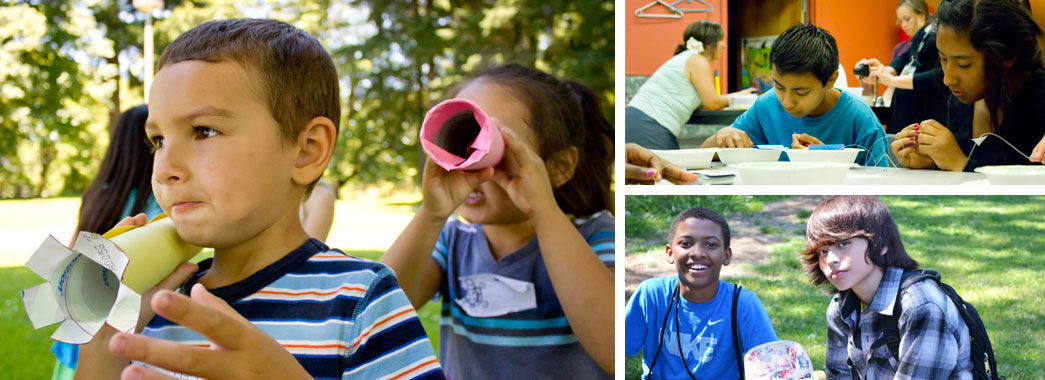The Ten’as Sun Program focuses on three areas: (1) parent-child interaction (2) development centered parenting and (3) family well-being. We offer support and encouragement through personal visits, playgroup, resource connections and developmental screenings. We do our best to incorporate culturally specific components and approaches.
To qualify:
- Be pregnant and/or parenting a child newborn–pre-school age
- Live within Portland/Gresham service area (unless experiencing homelessness)
- Participate in two monthly home visits and once monthly Chxi’ San playgroup
Curriculum we use:
Family Spirit
Family Spirit addresses intergenerational behavioral health problems, applies local cultural assets, and overcomes deficits in the professional healthcare workforce in low-resource communities. It is the only evidence-based home-visiting program ever designed for, by, and with American Indian families. It is used in over 100 tribal communities across 16 states, and it is also used in several other low-income urban environments in Chicago and St. Louis.
While there has been a growth in the number of maternal, infant, and early childhood home-visiting programs in the US, the Family Spirit model goes above and beyond in several areas:
- It leverages cultural assets and an indigenous understanding of health,
- Encourages the use of paraprofessionals to deliver the program, and
- Addresses behavioral health disparities, emerging globally as an urgent priority.
Family Spirit’s culturally tailored intervention is delivered by community-based paraprofessionals as the core strategy to support young parents from pregnancy to 3 years post-partum. It is a behaviorally focused intervention, responsive to parents’ and children’s needs.
Parents As Teachers (PAT)
Parents as Teachers takes a holistic approach to strengthening families. Through our evidence-based early childhood home visiting model, we provide services to pregnant women and families with children from birth through kindergarten.
Our goals:
- Prevent child abuse and neglect.
- Increase parent knowledge of early childhood development.
- Improve parenting practices, increasing children’s school readiness and success.
- Provide early detection of developmental delays and health issues.
- Help states, territories and tribal entities develop and implement home visiting programs that improve the health and well-being of families with young children.
